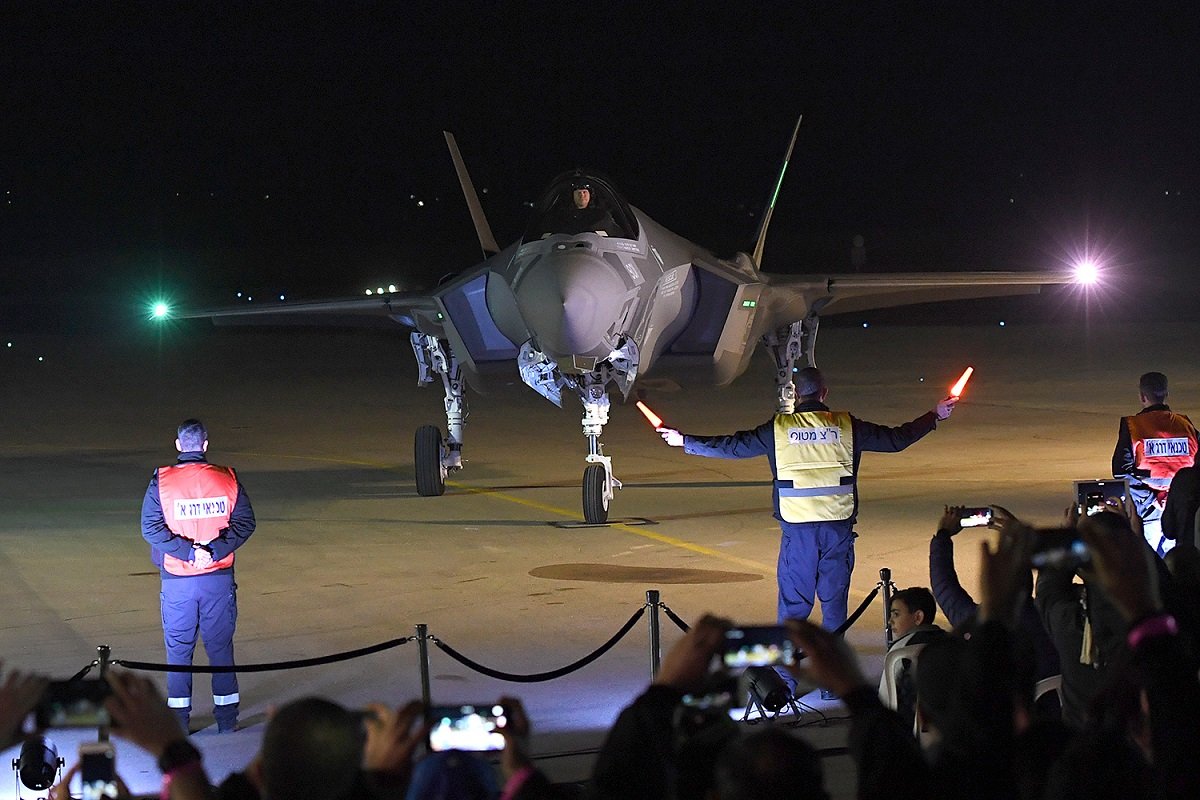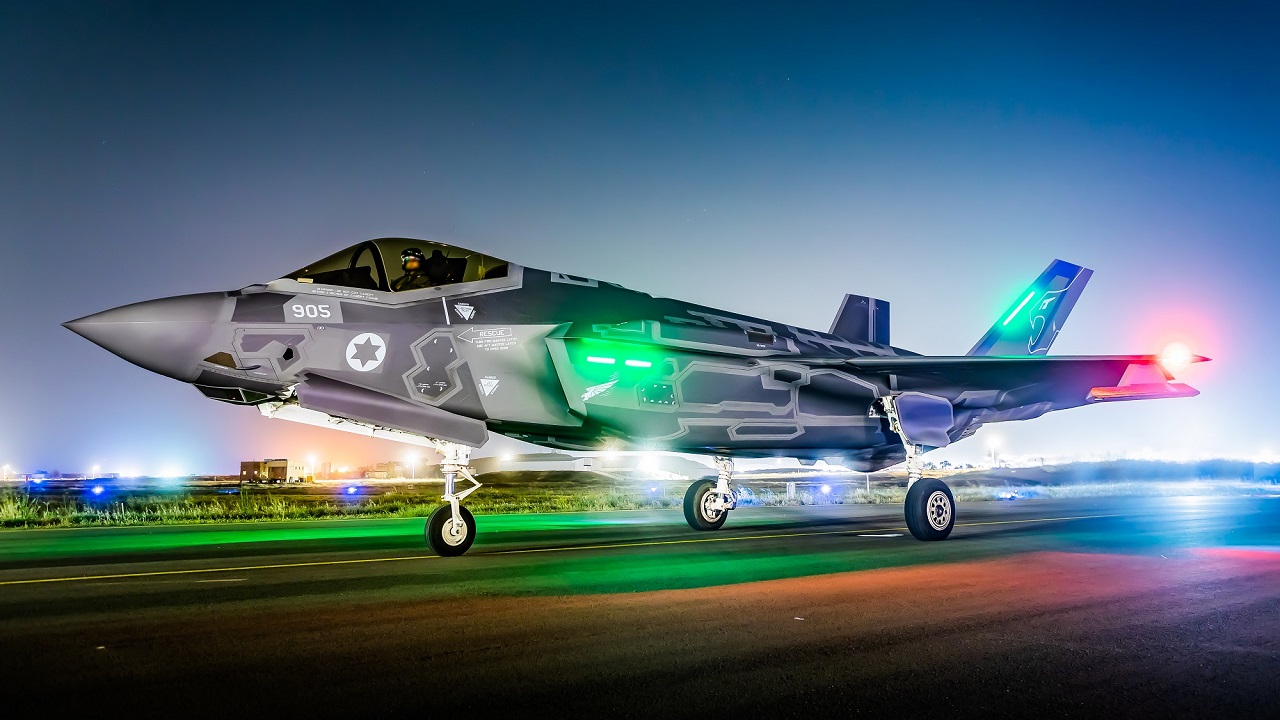Iran’s nuclear ambitions have long been a source of deep anxiety for the international community, a volatile mix of strategic necessity, ideological constraints, and external pressures. But recent developments suggest that the internal calculus in Tehran may be shifting in a way that could have profound consequences for the entire region.
Reports have surfaced that senior commanders of Iran’s Islamic Revolutionary Guard Corps (IRGC) have urged Supreme Leader Ayatollah Ali Khamenei to revoke his longstanding fatwa prohibiting nuclear weapons. Their reasoning is straightforward and chilling: Iran’s survival in an increasingly hostile geopolitical environment may depend on acquiring the ultimate deterrent.
The lesson they draw from the fates of Saddam Hussein in Iraq and Muammar Gaddafi in Libya is simple—without nuclear weapons, regimes that challenge the United States and its allies remain vulnerable to destruction. Iran, they argue, cannot afford to be next.
For Tehran, the strategic logic behind pursuing nuclear weapons is undeniable. Surrounded by U.S. military bases, facing constant threats from Israel, and locked in competition with Saudi Arabia and the Gulf Arab states, Iran sees itself as a state under siege. Its missile arsenal is extensive, capable of striking targets across the region, but missiles alone do not make Iran untouchable. Nuclear weapons, on the other hand, would transform Iran’s strategic position, making it impervious to regime-change operations and dramatically strengthening its ability to project power.
A nuclear-armed Iran would command far greater influence in the Middle East, forcing its adversaries to recalibrate their entire security posture.
Yet, if Iran has powerful incentives to acquire the bomb, the forces arrayed against it have equally compelling reasons to prevent that from happening. No country understands this better than Israel. For decades, Israeli leaders have made it clear that they will not tolerate an Iranian bomb under any circumstances. Israel has a long track record of taking decisive action against regional nuclear programs, as it did with Iraq in 1981 and Syria in 2007.
Tehran would be making a grave miscalculation if it assumes that Israel would simply accept a nuclear-armed Iran as a fait accompli. Israel has both the military capability and the political will to act preemptively, and if it believes time is running out, it will strike.
The United States, while officially favoring diplomacy, has never ruled out military action against Iran’s nuclear program. A nuclear-armed Iran would upend decades of U.S. strategy in the Middle East, emboldening Tehran’s expansionist ambitions, undermining Washington’s credibility, and triggering a cascade of proliferation as Saudi Arabia, Turkey, and Egypt scramble to acquire their own nuclear deterrents. Every U.S. administration, regardless of political party, has drawn a red line against Iran weaponizing its nuclear program. Sanctions, cyberattacks like the Stuxnet virus, and diplomatic efforts have all been employed to slow Iran’s progress, but if those measures fail, the military option remains very much on the table.
The Gulf Arab states, particularly Saudi Arabia and the UAE, view a nuclear Iran as an existential threat. Tehran has already used its vast network of regional proxies—Hezbollah in Lebanon, militias in Iraq and Syria, and the Houthis in Yemen—to destabilize its rivals.
If it were to gain nuclear capability, these activities would only escalate, carried out under the umbrella of nuclear deterrence. The Gulf states will not sit idly by while Iran acquires the ultimate strategic advantage. Riyadh has signaled that if Iran builds a bomb, Saudi Arabia will seek its own nuclear weapons, likely through a security arrangement with Pakistan. The result would be an arms race that plunges the Middle East into an era of unprecedented instability.
Iran’s leadership is well aware of these risks, yet the push within the IRGC to reconsider the nuclear fatwa suggests that elements of the regime believe the rewards outweigh the dangers. The problem with this calculation is that it assumes Iran will be able to cross the nuclear threshold without triggering a decisive response.
That is a fantasy. The moment Iran is seen as actively moving toward weaponization, the U.S., Israel, and the Gulf states will be forced to act. Tehran may believe that nuclear weapons will guarantee its security, but it must also recognize that pursuing them could be the very thing that ensures its greatest peril.

F-35I Adir. Image: Creative Commons.
The reality is that Iran does not exist in a strategic vacuum. The forces determined to stop it from going nuclear are as powerful—if not more so—than the internal pressures pushing it in that direction.
Every step Iran takes toward nuclearization will be met with increasingly severe countermeasures, and if those fail, military confrontation will become inevitable. The regime may be willing to gamble, but this is a bet that could cost Iran everything.
About the Author: Dr. Andrew Latham
Andrew Latham is a non-resident fellow at Defense Priorities and a professor of international relations and political theory at Macalester College in Saint Paul, MN. Andrew is now a Contributing Editor to 19FortyFive. You can follow him on X: @aakatham.

